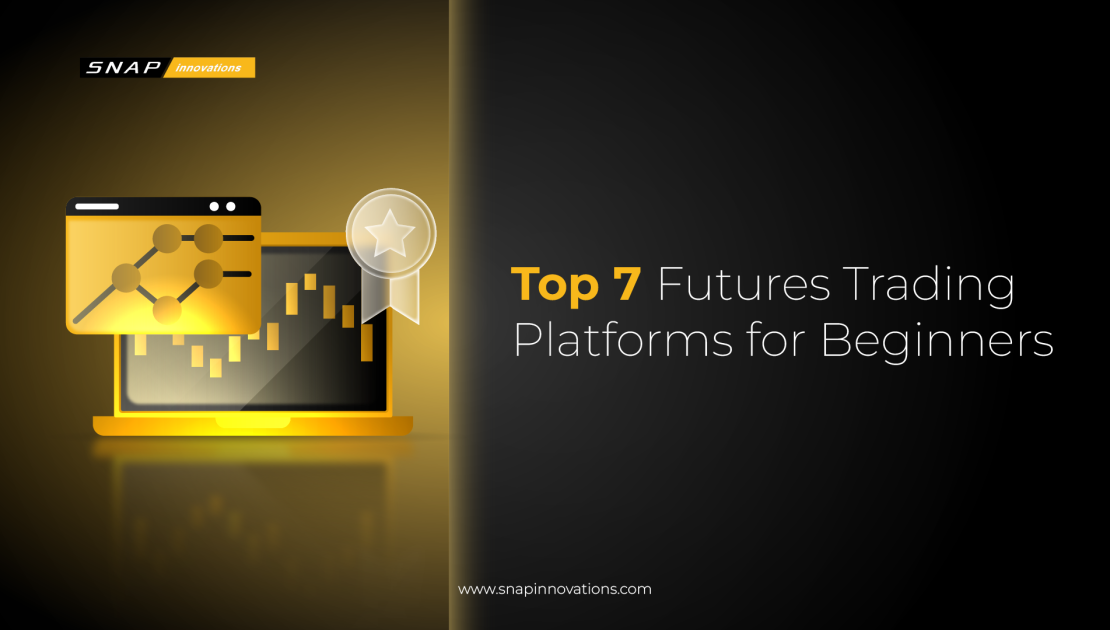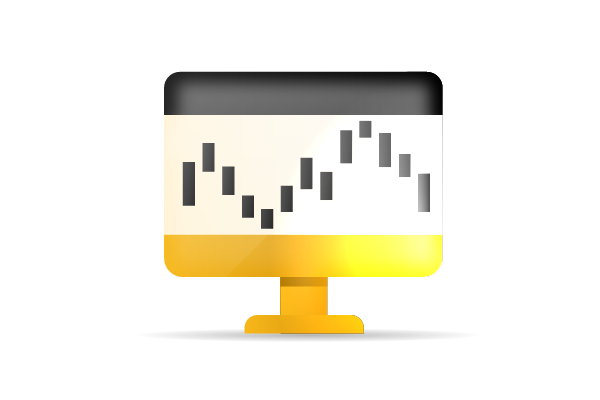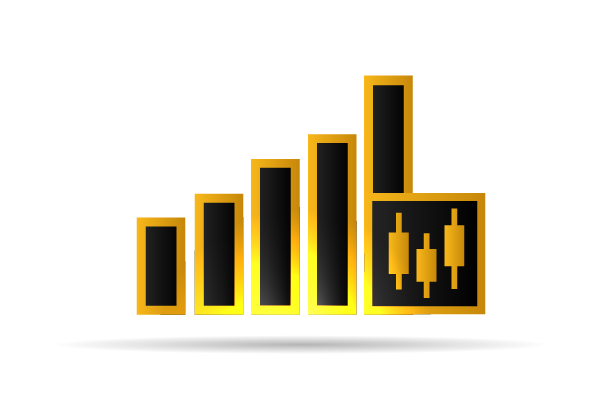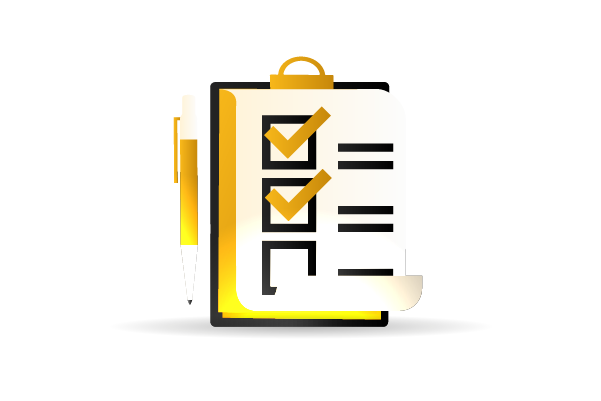7+ Best Stock Futures Trading Platforms for Beginners in 2026

Trading stock futures offers an exciting way to gain exposure to stock market trends, hedge portfolios, and participate in leveraged markets. For beginners, futures trading may seem complex at first, but with the right trading platform and foundational knowledge, it becomes accessible, efficient, and rewarding. In 2026, platforms that support stock futures have enhanced usability, improved educational tools, lower fees, and professional grade technology that welcomes newer traders while providing room to grow.
This comprehensive guide explores the 7+ best stock futures trading platforms for beginners in 2026, highlighting each platform’s strengths, key features, fees, educational tools, and overall user experience. We also break down important concepts that every beginner trader should understand before stepping into stock futures.
What Is Stock Futures Trading?
 Stock futures trading is the practice of buying or selling futures contracts that are based on stock market indices or individual stocks at a predetermined price for a specific date in the future. Instead of owning the underlying stocks, traders speculate on the future price movement of the market. Common examples include futures tied to major indices such as the S&P 500, Nasdaq, or Dow Jones.
Stock futures trading is the practice of buying or selling futures contracts that are based on stock market indices or individual stocks at a predetermined price for a specific date in the future. Instead of owning the underlying stocks, traders speculate on the future price movement of the market. Common examples include futures tied to major indices such as the S&P 500, Nasdaq, or Dow Jones.
These contracts are standardized and traded on regulated exchanges, making stock futures a transparent and highly liquid market. Traders can take long positions if they expect prices to rise or short positions if they anticipate a market decline. This flexibility allows traders to potentially profit in both rising and falling markets.
Key characteristics of stock futures trading include:
- Leverage, which allows traders to control large positions with a smaller amount of capital
- Margin requirements, meaning only a portion of the contract value is needed to open a trade
- Two-way trading, enabling profits from both bullish and bearish market conditions
- High liquidity, especially in major stock index futures
- Risk management applications, commonly used to hedge investment portfolios
While stock futures offer efficiency and flexibility, they also involve higher risk due to leverage. For this reason, beginners should approach futures trading with proper education, risk controls, and a clear trading plan.
Read More: What is Polymarket? A Beginner’s Guide to Crypto Betting and Forecasting
7+ Best Stock Futures Trading Platforms for Beginners in 2026

This article explores the 7+ best stock futures trading platforms for beginners in 2026, focusing on ease of use, education tools, cost structure, available features, and overall reliability. Whether you are just starting or looking to transition from other asset classes, understanding these platforms helps you begin your futures trading journey with confidence.
1. E*TRADE
E*TRADE is a well established broker that offers a strong suite of trading tools for both stocks and futures. It is known for its comprehensive educational resources and balanced platform that caters to both beginners and more advanced traders.
Key Features
- Educational resources: Extensive tutorials, articles, videos, and webinars tailored to futures trading.
- Futures trading suite: A dedicated interface for futures orders with clear risk and profit/loss visualization.
- Research and market analysis: Integrated market commentary and economic calendars.
- Mobile and desktop platforms: Seamless experience across devices.
E*TRADE’s appeal to beginners lies in its structured learning resources and easy transition from stock or options trading to futures. The platform’s depth of research and educational support reduces the learning curve and helps traders make informed decisions.
Pros
- Strong educational ecosystem
- Reliable customer support
- Integrated trading tools
Cons
- Futures fees may be higher compared to discount brokers
- Slightly steeper learning curve than ultra-basic platforms
2. Charles Schwab
Charles Schwab has built a reputation as one of the most beginner-friendly and trusted brokers. While known primarily for stock and ETF trading, Schwab also offers futures trading through its futures arm with a strong emphasis on education and support.
Key Features
- Robust learning center: Articles, webinars, and in-platform guidance for new traders.
- Clear fee disclosure: Transparent cost structure for futures activity.
- Integrated research: Access to third-party analysis and economic indicators.
- Customizable platform: Adjust layouts to suit analytical preferences.
Charles Schwab’s focus on simplicity, trustworthiness, and transparency makes it a top choice for traders new to futures. Its emphasis on investor education and clear explanations of risk aids beginners in avoiding common mistakes.
Pros
- Excellent educational resources
- Strong reputation and customer support
- Comprehensive research tools
Cons
- Interface might feel overwhelming initially
- Fewer advanced trading features than some specialized platforms
3. NinjaTrader
NinjaTrader is a dedicated futures trading platform that caters to both beginners and serious futures traders. Its platform offers advanced charting and real-time execution capabilities, while still providing features suitable for those new to futures.
Key Features
- Advanced charting: Multi-timeframe charts and a rich set of analytical indicators.
- Futures focus: A platform built around futures with intuitive order placement.
- Paper trading: Practice futures strategies without real capital.
- Customization: Flexible layout and alerts suited for different trading styles.
Although NinjaTrader is powerful, its paper trading feature and futures-focused design make it a valuable learning tool. Beginners can explore real-market scenarios in a safe environment and gradually adopt more advanced tactics as confidence grows.
Pros
- Strong charting and analytical depth
- Dedicated futures environment
- Effective paper trading
Cons
- May require time to master advanced features
- Some capabilities may feel more complex than entry-level needs
4. Webull
Webull has grown rapidly due to its beginner-friendly interface and zero-commission trading model. In 2026, Webull’s futures support makes it a compelling choice for entry-level traders seeking a simple yet capable platform.
Key Features
- Low-cost trading: Highly competitive pricing with reduced commission barriers.
- Simple interface: Designed for ease of use with clear market data.
- Mobile-first experience: Strong mobile app for trading on the go.
- Basic educational tools: Introductory resources to support new traders.
Webull simplifies many aspects of futures trading, making it easier for new traders to learn the ropes without worrying about steep fees or confusing layouts. Its mobile app enables traders to learn, analyze, and execute trades from anywhere.
Pros
- Low cost and accessible
- Easy to navigate for beginners
- Mobile trading apps
Cons
- Futures features may be more basic than specialized platforms
- Limited advanced educational material compared to full-service brokers
5. Plus500 Futures
Plus500 offers a simplified trading platform with a focus on clarity and ease of use. Its futures offerings appeal to beginners who prefer straightforward execution without overwhelming complexity.
Key Features
- Clean user interface: Simplified screens that help avoid confusion.
- Real-time quotes and charts: Immediate market data for decision making.
- Risk management tools: Stop loss and take profit orders to help manage exposure.
- Global market access: Futures across multiple asset classes, not just stock indices.
Plus500’s minimalistic design makes it especially suitable for new traders. By removing clutter and focusing on basic functions, it lowers the barrier to entry for futures trading.
Pros
- Very easy to use
- Good for basic futures trades
- Integrated risk tools
Cons
- Limited depth for advanced technical analysis
- Fewer educational resources than some competitors
6. Fidelity Investments
Fidelity Investments is a respected name in the financial services world. While best known for long-term investing, it also supports futures trading within its broader suite of financial products.
Key Features
- Comprehensive research: Market insights and long-form analysis to support decisions.
- Reliable platform: Well-built desktop and mobile interfaces.
- Financial planning tools: Helps align futures trading with broader goals.
- Educational resources: Extensive guides, webinars, and expert commentary.
Fidelity’s strength lies in its holistic approach to wealth management. New traders can integrate futures trading into wider financial plans while benefiting from well-established educational support and trustworthy infrastructure.
Pros
- Extensive educational materials
- Strong brand and customer trust
- Integrated financial planning
Cons
- Futures tools may be less specialized
- Costs may be higher for frequent traders
7. Optimus
Optimus is a futures-focused platform that combines trading, analytics, and structured tools to enhance decision making. While powerful, its well-organized interface and risk tools make it accessible for motivated beginners.
Key Features
- Futures scanning and signals: Helps find potential trade setups
- Risk and position calculators: Tools to assess trade impact
- Real-time market data: Continuous feeds to inform decisions
- Customizable dashboards: Traders can prioritize their preferred tools
Optimus bridges basic and advanced needs by offering both actionable insights and user-friendly interfaces. For beginners willing to learn beyond entry-level tools, it provides a strong platform to grow trading skills.
Pros
- Tools tailored to futures trading
- Risk and position helpers
- Clean, informative visuals
Cons
- A learning curve exists for deeper features
- Some tools may feel advanced for absolute beginners
8. Interactive Brokers (IBKR)
Interactive Brokers (IBKR) is a robust broker that serves traders of all levels. Its platform supports futures trading with highly competitive pricing and extensive market access, making it a top choice for beginners planning to scale into more advanced strategies.
Key Features
- Low commission structure: Attractive pricing for frequent traders
- Global market access: Trade futures across many exchanges
- Advanced analytical tools: Research, risk metrics, and reporting
- Custom alerts and automation: Helps monitor opportunities without constant screen watching
While IBKR is widely used by professionals, its Lite and beginner-friendly settings allow new traders to start simply and grow into more advanced features over time. It combines scalability with reliability, making it a long-term solution for traders as they gain experience.
Pros
- Competitive pricing
- Global futures access
- Scales with trader skill level
Cons
- Advanced features may intimidate early users
- Initial setup requires orientation
Criteria for Selecting Stock Futures Trading Platforms
 Choosing the right Stock futures trading platform can be daunting, especially for beginners. Several key criteria should be considered to ensure the platform meets your trading needs and helps you achieve your goals. Here are some essential factors to evaluate:
Choosing the right Stock futures trading platform can be daunting, especially for beginners. Several key criteria should be considered to ensure the platform meets your trading needs and helps you achieve your goals. Here are some essential factors to evaluate:
1. User-Friendly Interface
A beginner-friendly platform should have an intuitive and easy-to-navigate interface. The layout should be clean, with clearly labeled features and tools. A well-designed interface can significantly reduce the learning curve, making it easier for new traders to get started.
2. Educational Resources
Educational resources are crucial for beginners. Look for platforms that offer comprehensive learning materials, such as tutorials, webinars, articles, and demo accounts. These resources can help you understand the basics of futures trading, develop trading strategies, and gain confidence before risking real money.
Read Next: 15+ Best Crypto Futures Platforms for Smarter Trading in 2026
3. Range of Available Contracts
A good futures trading platform should provide access to a wide range of futures contracts across various asset classes, including commodities, indices, currencies, and interest rates. This variety allows traders to diversify their portfolios and explore different market opportunities.
4. Fees and Commissions
Understanding the fee structure is essential. Different platforms charge varying fees for trading futures, including commissions, margin rates, and other transaction costs. Choose a platform with transparent and competitive pricing to maximize your potential returns.
5. Customer Support
Reliable customer support is vital, especially for beginners who might need assistance navigating the platform or resolving issues. Look for platforms that offer multiple support channels, such as live chat, phone support, and email, with responsive and knowledgeable representatives.
6. Security and Regulation
Security should be a top priority when selecting a trading platform. Ensure the platform is regulated by reputable financial authorities and employs robust security measures, such as encryption and two-factor authentication, to protect your personal and financial information.
7. Research and Analysis Tools
Access to research and analysis tools is essential for making informed trading decisions. Platforms that offer advanced charting capabilities, technical indicators, market news, and analysis reports can help you stay updated on market trends and identify trading opportunities.
8. Order Execution Speed
Efficient order execution is critical in futures trading, where market conditions can change rapidly. Choose a platform known for its fast and reliable order execution to ensure you can enter and exit trades quickly and at the desired prices.
9. Customizability
The ability to customize your trading interface can enhance your trading experience. Look for platforms that allow you to personalize your dashboard, charts, and other features to suit your trading style and preferences.
Selecting a futures trading platform that meets these criteria can provide a solid foundation for your trading journey. With the right platform, you can focus on developing your skills, executing trades efficiently, and managing risks effectively.
Conclusion
Stock futures trading can be a powerful way to participate in financial markets, but it requires careful preparation, discipline, and the right platform. In 2026, the landscape of stock futures trading platforms offers more opportunities for beginners than ever before with intuitive interfaces, strong educational tools, low-cost access, and professional grade technology bundled for easy adoption.
The 7+ best stock futures trading platforms provide solid environments for beginners to learn, trade, and grow. Each platform has unique strengths, whether it is user-friendly design, advanced analytical tools, or deep educational support. By choosing a platform that aligns with your learning style and risk tolerance, new traders can build confidence, make smarter decisions, and take meaningful steps toward becoming successful futures traders in 2026 and beyond.
Disclaimer: The information provided by Snap Innovations in this article is intended for general informational purposes and does not reflect the company’s opinion. It is not intended as investment advice or recommendations. Readers are strongly advised to conduct their own thorough research and consult with a qualified financial advisor before making any financial decisions.
Muhammad Ermanja
I am a specialist in the financial technology industry, focusing on trading technology solutions and brokerage infrastructure. With over six years of experience, I consistently explore the development, implementation, and integration of multi-asset trading systems, low-latency platforms, and brokerage automation tools. My insights revolve around how technology can enhance execution speed, risk management, and overall operational efficiency for brokers and professional traders. Every analysis and article I create is grounded in research and real-world industry challenges, aiming to help financial institutions and trading firms build scalable, secure, and high-performing systems in the rapidly evolving landscape of modern finance.

